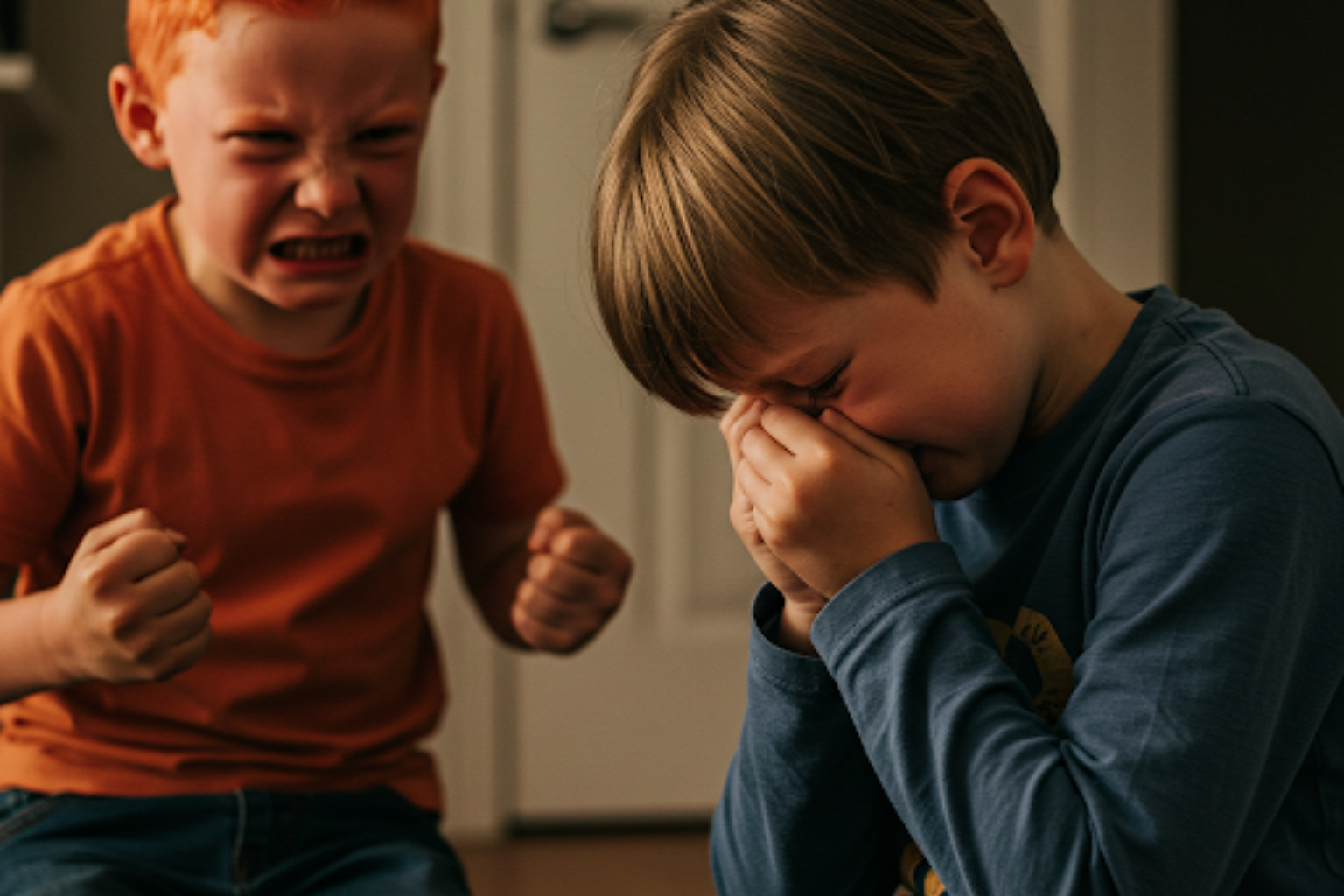Friendships are an essential part of a child’s emotional and social development. Through them, children learn about trust, sharing, communication, and empathy. However, not all friendships are healthy. Some relationships may become toxic or encourage negative behaviors, affecting a child’s well-being. Knowing how to identify these situations and understanding the right time to intervene can make a significant difference in a child’s life.
1. What characterizes a toxic friendship in childhood?
- A pattern of hurtful or manipulative behavior.
- One-sided control, where one friend dominates the other.
- Persistent teasing, exclusion, or intimidation masked as “jokes.”
- The child feels emotionally drained or anxious after interactions.
- A lack of mutual respect or empathy between the children.
2. Signs your child may be in a harmful friendship
- Changes in behavior, such as withdrawal or irritability.
- Reluctance to go to school or meet with certain friends.
- Drop in self-esteem or sudden self-doubt.
- Loss of interest in activities they previously enjoyed.
- Talking about a friend with fear, confusion, or emotional distress.
3. Understanding the influence of peer pressure
- Children may act against their own values to please a dominant friend.
- They might feel obligated to hide things from parents or teachers.
- Pressure to engage in inappropriate or risky behaviors.
- Attempts to gain acceptance at the cost of personal comfort or safety.
- Fear of losing the friendship if they speak up or disagree.
4. When should parents or caregivers intervene?
- When there are clear signs of emotional harm or manipulation.
- If the friendship causes anxiety, sadness, or fear.
- When your child begins imitating negative behaviors.
- If your child openly asks for help or shows distress.
- When the relationship affects your child’s academic or social life.
5. How to talk to your child about the situation
- Use open-ended questions to invite reflection and conversation.
- Avoid labeling the friend as “bad” — focus on how your child feels.
- Show empathy and avoid criticism that may shut the child down.
- Help your child recognize patterns in the friendship.
- Offer guidance without forcing an immediate decision.
6. Teaching children about boundaries and respect
- Explain what healthy friendships look and feel like.
- Encourage your child to speak up when something feels wrong.
- Reinforce that it’s okay to say “no” and to walk away.
- Help them understand that real friends respect limits and emotions.
- Teach them that self-respect is more important than social acceptance.
7. Supporting healthier social interactions
- Encourage participation in new group activities or hobbies.
- Arrange playdates with different peers in a safe environment.
- Model respectful relationships in your own interactions.
- Celebrate when your child builds positive connections.
- Create a family culture that values kindness and authenticity.
8. When to involve the school or educators
- If the friendship causes issues during school hours.
- When bullying or exclusion is happening on school grounds.
- If your child is being targeted or isolated by a group.
- When teachers notice behavioral changes in class dynamics.
- To collaborate on strategies for social support and intervention.
9. Helping your child build confidence
- Praise your child’s strengths and individuality.
- Provide opportunities to succeed and feel capable.
- Encourage emotional expression through writing, drawing, or talking.
- Support new friendships based on common interests and values.
- Let your child know that it’s okay to be alone sometimes — it’s better than being mistreated.
Final reflections: Teaching lifelong relationship skills
Toxic friendships in childhood can be challenging, but they offer valuable life lessons. By helping your child recognize when a relationship is harmful and guiding them through the process of setting boundaries, you equip them with tools for healthier social connections in the future. Support, patience, and open communication are key to helping children understand the kind of friendships they truly deserve.
